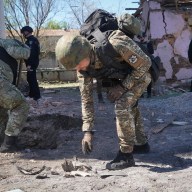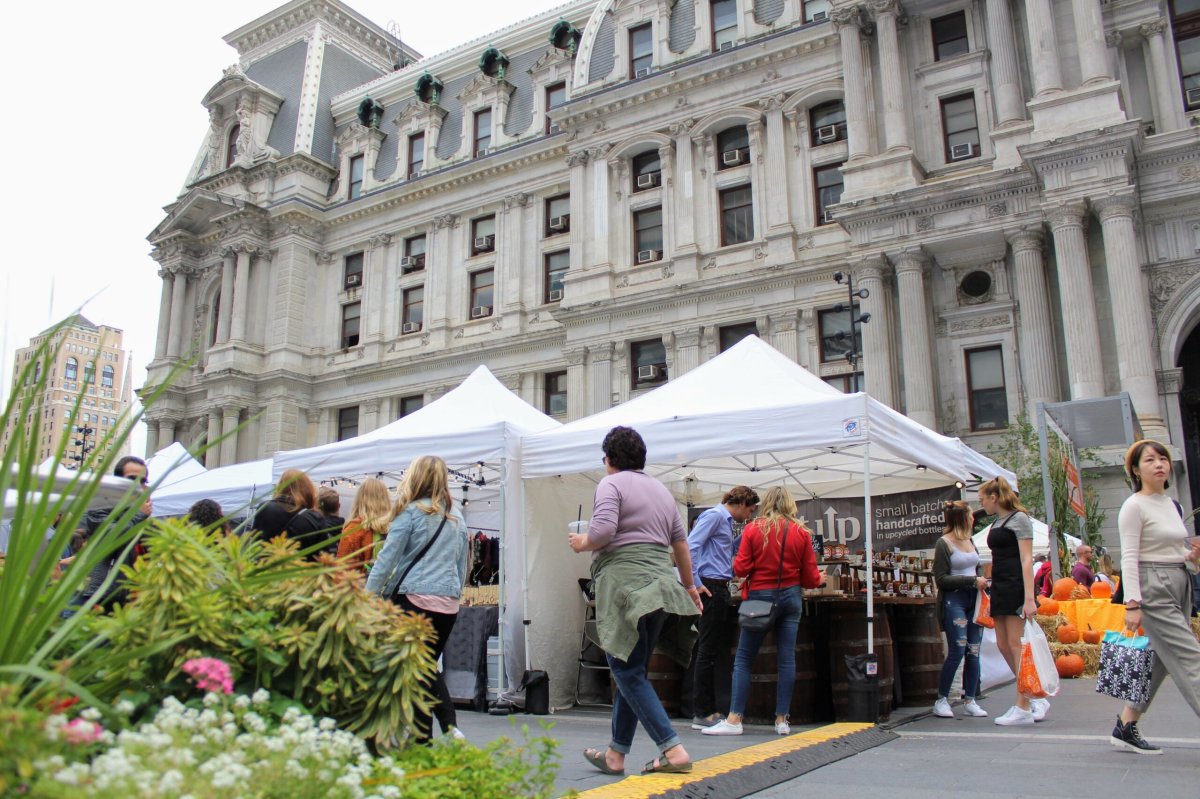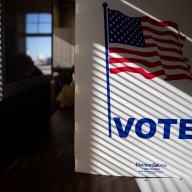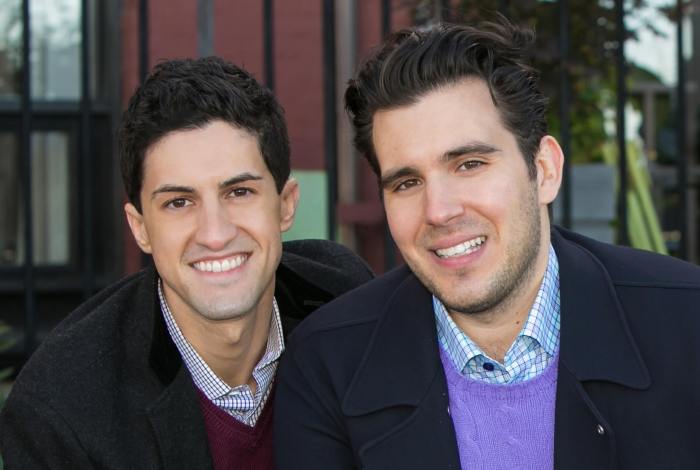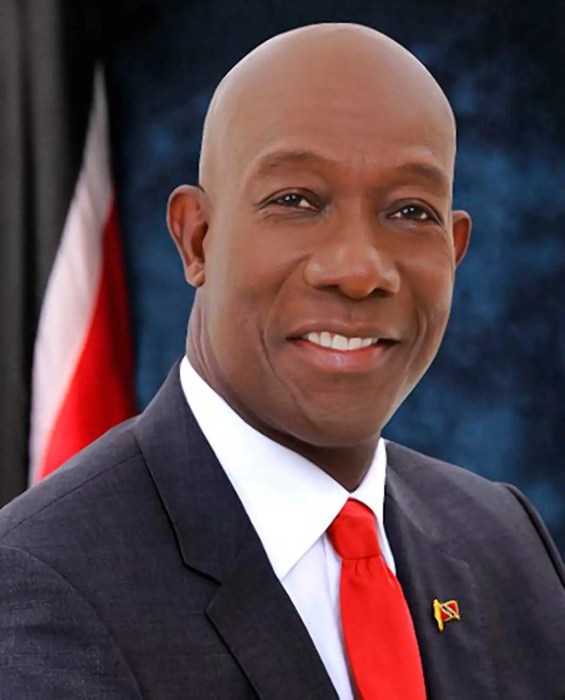KANDAHAR, Afghanistan – Canada’s role in Afghanistan is “transforming” into one more focused on reconstruction and development, Prime Minister Stephen Harper said Thursday during an unannounced visit aimed at rallying the troops and showcasing their mission’s shifting priorities.
Harper began a secrecy-shrouded tour of the region almost as soon as his cavernous new C-17 transport plane, the crown jewel in a newly acquired fleet of aircraft performing yeoman’s duties in the battle-ravaged desert nation, touched down at Kandahar Airfield.
But unlike past visits, where Harper has travelled to forward battlefield positions to commiserate with Canadian troops, the showpiece this time was the Dahla dam, one of Canada’s signature reconstruction projects, in the fertile Arghandab valley.
“We’re in the process of transforming our mission so it will focus on reconstruction and development,” he later told Canadian soldiers and civilians gathered for the occasion in the main square at the central air base.
“Once completed, the Dahla dam project will provide drinking water to much of the Kandahar region. This project will boost agriculture, and generate 10,000 seasonal jobs and it will build people’s confidence in the future.”
The injection of some 17,000 more U.S. soldiers into Afghanistan’s restive southern region – more than six times the Canadian contingent – will allow Canada to be more effective with the troops it currently has on the ground, Harper said.
“The addition of American troops will allow us to do everything we’re doing now but on a much bigger scale and able to multi-task more effectively.”
But the bolstering of NATO troop levels is also likely to result in more violence, said Chief of Defence Staff Gen. Walter Natynczyk, who accompanied the prime minister on his visit.
“When you bring in a lot more forces with the purpose of interdicting the Taliban roots coming in out of the country, and you block that, there will be activity,” Natynczyk predicted.
“There will be violence in those areas.”
Harper’s clandestine visit followed trade meetings Wednesday with European officials in Prague, but the massive contingent of Canadian media in tow was forbidden from disclosing details of his travel itinerary.
Unlike Harper’s last visit to Afghanistan in 2007, however, journalists were not permitted to disclose his presence until after his plane had taken off – a new security policy that reflects the deteriorating security situation in the country.
Within moments of his arrival, the prime minister boarded one of several newly acquired Canadian Forces helicopters – “It sure was nice not to have to hitch a ride for a change,” he later joked – for a tour of the dam, some 37 kilometres northeast of Kandahar city.
Canada has committed $50 million over three years to reconstruct the dam, its roads and waterways – all of which are crucial to the province’s residents, 80 per cent of whom live alongside its lush, green irrigation system.
Natynczyk and Ron Hoffmann, Canada’s ambassador to Afghanistan, both said Thursday that Canada and other NATO countries initially failed to deploy enough soldiers to provide the level of security in the Kandahar region necessary for aid efforts.
“Canada was spread thin in the past,” Hoffmann said as the prime minister handed out coffee to soldiers nearby.
“There has not been sufficient forces on the ground to do this job,” Natynczyk later added. “We’ve been trying to do this job with about 40,000 troops. That is totally insufficient.”
During his speech to soldiers, Harper reaffirmed the government’s support for the job they’re doing and the changes they have already fostered. Before Canada arrived, the Taliban ruled Afghanistan like a “medieval gulag,” he said, keeping people poor and unhealthy, treating women as “sub-human” and conspiring with Al-Qaida to export terrorism around the world.
“Those dark, desperate days are ending,” he said. “You have brought hope to those who have none.”
He pledged an additional $2 million in Canadian aid that would go through UNICEF to help educate an estimated 18,000 children in Kandahar.
Canada has already spent billions of dollars in Afghanistan since 2002, largely for military efforts, but also for aid projects, including roughly $60 million spent on a program aimed at eradicating polio.
“Millions of children are vaccinated against polio,” Harper said. “In fact, more than 7 million children have already been vaccinated in the first few months of this year alone.”
And Harper pointedly acknowledged the sacrifice Canadian soldiers have made to date: 118 of their ranks, plus diplomat Glyn Berry, have died as part of the mission since it began in 2002.
“When you have gathered to bear a comrade on your shoulders for their final journey home, all of Canada has grieved with you,” he said.
“Canada has paid dearly for this mission with our most precious asset, our brave and beloved sons and daughters. They are heroes, and forever we will remember them.”







